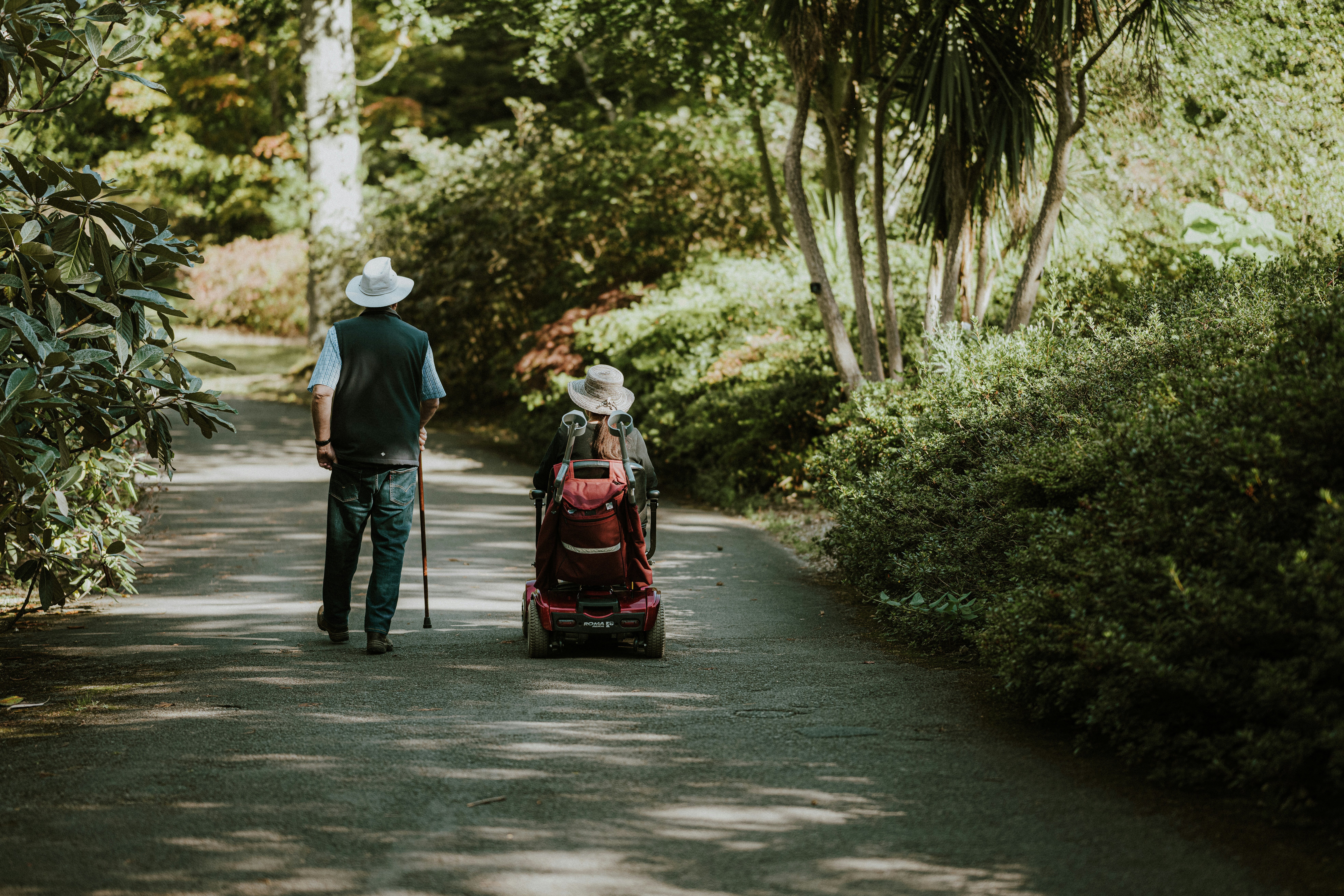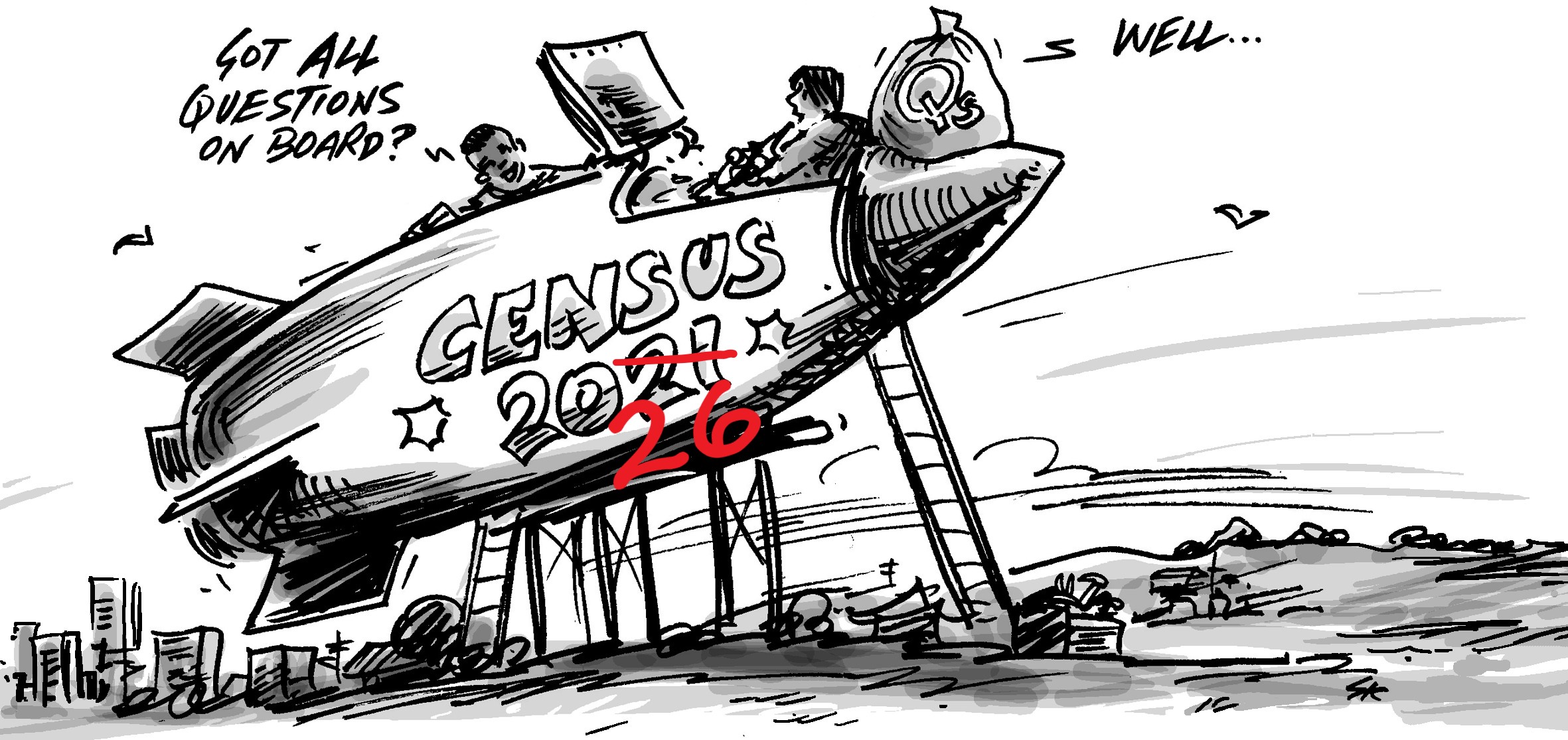On August 20, 2015, the ABS released their “Census Nature and Content” document for the 2016 Census. This normally comes out about 2 years before the Census, so it’s a bit late this time, due to the confusion about whether the Census would actually run at all. This tells us the ABS plans for the next Census and what topics will be included, as well as how it is collected.
The main Census document is here. It’s definitely worth a read if you use Census data (and don’t we all!)
The key points are:
- Census night is Tuesday, August 9th, 2016.
- The Census is going primarily digital, with an expected 66% of households to complete forms on the internet.
- Households will still be able to request a paper form.
- Letters with a login code and information about requesting a paper form will be mailed to about 80% of Australia in August 2016.
- The remaining areas, predominantly remote areas, will have a traditional collection method of drop-off and pickup.
- Census collectors will only be used to follow up dwellings which have not returned a form online or by mail.
- There is NO CHANGE to the topics collected in the 2016 Census – despite extensive consultation there are no new topics, but on the plus side, no topics are being dropped, and time series should be maintained for most. There will be some changes to question wording, however.
- Norfolk Island will be included as part of the Australian Census for the first time!
- Release of Census data will be similar to previous Censuses, around mid-2017 for the first release.
This is what the new front page of the Census form will look like.
This is quite a substantial change, moving away from the use of Census Collectors who have been part of the Census for centuries. It makes sense now as most people are online, but .id still has some concerns.
- How will the address register cope with dwellings like granny flats, people living in sheds, rough sleepers and people camping out? We suspect that this new method will actually lead to more people filling out the form before they go on leave – or even while they are away from their usual address, as if they were at home. This is not necessarily a bad thing, even if the Census is in theory on a place of enumeration basis.
- The ABS will need a very good register of other types of dwellings like retirement villages, caravan parks and boarding houses. The dwellings in these places don’t necessarily have their own street address and wouldn’t get a mail-out. Census collectors will still be needed to identify these and deliver to them.
- Engagement with various groups including people with poor English proficiency, young adults, overseas students may be an issue – without a Census Collector on the doorstep it’s easier to ignore something received in the mail. It sounds like the ABS may have the capability to change collection procedures on the fly in some areas though, to respond to these sort of issues.
- Higher online response should mean better response rates and better coding – less illegible handwriting and the ability to make people answer particular questions (you can’t submit the form if questions are left blank) should ensure much lower rates of “Not stated” answers in 2016.
We look forward to seeing how these issues work out.
Change to the topics and wording are below:
- Some changes to the wording of questions to provide additional information or improve responses:
- ABS are bringing back full country of birth details for parents – so you can see not just that people’s parents were born overseas, but where they were born.
- Ancestry – better options for people to put in two ancestries which are not marked boxes should improve the data quality in this question.
- “No religion” will move to the top of the list as the first option under the Religion question. Jedi will still not be included as a valid response unfortunately 🙁
- Income categories will go up to $3,000 or more per week, 50% higher than currently, providing for more resolution in this question.
- Supplementary questions on occupation and industry in the online form should allow more accurate coding of these important topics.
- With dial-up internet now virtually gone, the Internet question is going to a simple “Yes/No” answer – but it still relates to the dwelling and not individuals, and it’s not clear how smartphone connections would be treated.
- Dwelling structure information will no longer be able to be collected at delivery by the Census Collector, as forms are being mailed out. Apparently the ABS will have teams of field officers updating all the dwelling structures for each address on a database. There isn’t too much detail on how this will work, and whether these field officers actually visit all dwellings (in which case, why don’t they just deliver forms?).
As always, .id will keep on top of any changes, and ensure that all our clients benefit from any improvements to the Census as soon as they happen, while maintaining a time series that helps you tell the story of your area and how it is changing.









